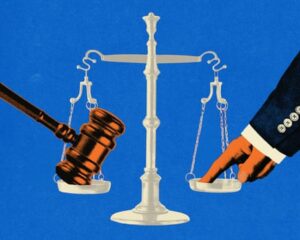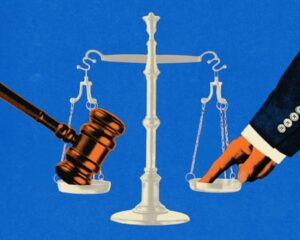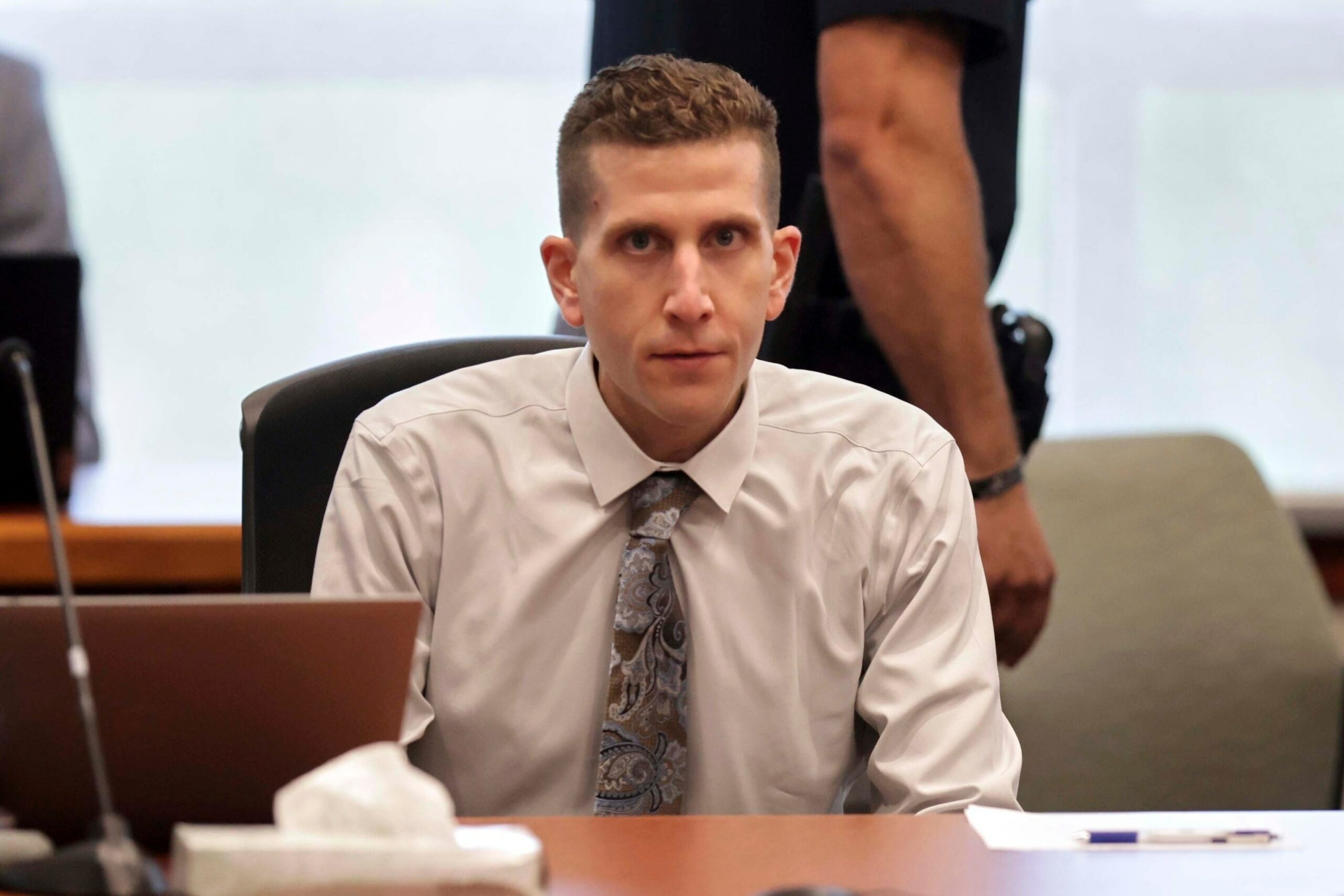Understanding the Bryan Kohberger Case: Key Details and Implications
The Bryan Kohberger case has captured nationwide attention, becoming a focal point of discussions around true crime, justice, and privacy. When talking about the topic, it’s essential to dive deep into the various aspects surrounding the circumstances of this highly publicized case. In this article, we will explore the details of the Bryan Kohberger case, its implications for crime and society, and how it reflects on the broader legal landscape.
Who is Bryan Kohberger?
Bryan Kohberger is a name that has come into the public consciousness following his connection to serious allegations that shook the Idaho community. As of December 2022, Kohberger was arrested and charged in connection with the tragic case of four University of Idaho students whose lives were cut short. His arrest has led to significant media scrutiny and public interest, exploring the circumstances that led to this shocking event.
Kohberger’s background reveals that he was a PhD graduate student in criminology, which adds an intriguing layer to the narrative. His education and insights into criminal behavior have opened discussions on the psychology behind such crimes and the implications they have on legal proceedings. You can read further details about his case and recent hearings on ABC News.
Timeline of Events
To understand the gravity of the situation, it’s crucial to outline the timeline leading up to Kohberger’s arrest:
- November 13, 2022: The attack occurred, resulting in the deaths of four students: Kaylee Goncalves, Madison Mogen, Xana Kernodle, and Ethan Chapin. This tragic event left the community and the nation grappling with shock and loss.
- November 2022: Investigations began swiftly, with law enforcement working tirelessly to gather evidence and identify potential suspects.
- December 30, 2022: Bryan Kohberger was arrested at his family home in Pennsylvania following intense public interest and media coverage surrounding the case.
- January 2023: Kohberger was extradited to Idaho, where he was officially charged with four counts of first-degree murder.
- Current Developments: The legal proceedings are ongoing, with Kohberger recently due in court to plead not guilty to the charges.
The Investigation and Its Challenges
The investigation into the murders was not without its challenges. Initially, the lack of a clear motive or suspect led to frustrations among the community and the victims’ families. The police employed methods ranging from traditional detective work to engaging modern forensic technologies to piece together the events of that fateful night.
The investigative delays sparked numerous theories and discussions on social media, drawing attention to the role of such platforms in shaping public perception of case narratives. The intense media coverage and speculation surrounding Kohberger’s actions raise important questions about jury bias and the impact of public opinion on court proceedings.
Legal Implications and The Role of Media
As the case unfolds, the legal implications are significant. Kohberger’s defense strategy is anticipated to involve a variety of elements, including psychological evaluations and questions of mental health at the time of the events. The defense and prosecution will likely engage in a complex legal battle, addressing both the facts of the case and the broader implications of crime and punishment within society.
Furthermore, the media’s portrayal of Kohberger and the crime has the potential to influence public opinion drastically. The case illustrates the critical power of the media, suggesting that while it serves as a channel for transparency, it can also perpetuate bias against individuals before a fair trial has even commenced. Expect challenges to arise regarding how much coverage is too much and when it crosses the line from reporting to sensationalism.
The Bigger Picture: Crime, Mental Health, and Society
The case of Bryan Kohberger opens a broader dialogue about crime, mental health, and societal responsibility. It forces us to examine the psychological turmoil that may lead individuals to commit unspeakable acts, raising questions about the effectiveness of our mental health systems and legal frameworks.
As leaders in business and human resources, we must understand the implications of such cases within our communities. The events surrounding Kohberger’s arrest remind us of the importance of investing in mental health initiatives and the necessity for systems that foster communication and understanding among individuals struggling with various challenges.
Conclusion: Lessons Learned
While the Bryan Kohberger case is still unfolding, it provides a wealth of information and insight into societal norms, the legal system, and the role of media in shaping narratives. Understanding the details of the case and its implications can help us foster more informed discussions on societal responsibility, mental health awareness, and the prevention of future tragedies.
As this case progresses, we should remain vigilant and compassionate, prioritizing understanding and nurturing our communities in ways that promote safety and justice for all. Stay updated on the developments by visiting reputable news sources such as ABC News for factual reporting and insights.








